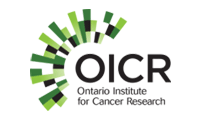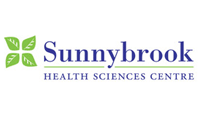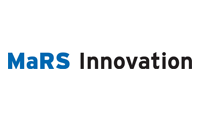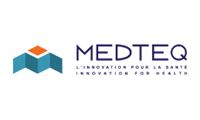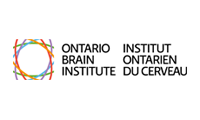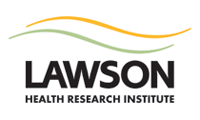OICR meets wtih CIMTEC's CSO Dr. Aaron Fenster: Potential Integration of Imaging Technology in Clinical Trials
Ontario’s wealth of cancer research expertise is not limited to one city or region. Innovations from researchers and clinician-scientists across the province are changing the approach to cancer worldwide. London is one of Ontario’s major cancer research nodes and boasts a particular strength in developing medical imaging technology. The city is home to the Lawson Health Research Institute, Robarts Research Institute and the Centre for Imaging Technology Commercialization. Life science and biotechnology research is the source of $1.5 billion in economic activity for the city annually.
On February 3, Dr. Lincoln Stein, OICR’s Interim Scientific Director and Dr. Christine Williams, Deputy Director visited “The Forest City” to learn more about the research happening there, hear from scientists and leaders and discuss options for further collaboration with OICR.
The first stop on their visit brought Stein and Williams to the London Regional Cancer Program (LRCP), a joint initiative of the London Health Sciences Centre and St. Joseph’s Health Care London. There they heard from the program’s leaders about their research strategy and areas where LRCP and OICR can work together. Dr. David Hill, Integrated Vice President, Research for London Health Sciences and St. Joseph’s Health Care London, spoke to Stein and Williams about his vision for London as a cancer research hub.
While at LRCP, Stein and Williams engaged researchers in an informal Q and A session. They heard about the need for more protected research time for clinician-scientists in smaller communities and the desire for access to bioinformatics expertise. The OICR leaders discussed the OICR Investigator Awards program, which helps fund protected time for scientists and clinician-scientists. They also shared how they could access bioinformatics resources through the Institute’s Collaborative Research Resources directory. Stein and Williams acknowledged the need to strengthen ties to the greater London cancer research community and discussed OICR’s efforts to do so. Access to OICR’s commercialization partner, the Fight Against Cancer Innovation Trust, was also highlighted.
“It was great to meet with these leaders and researchers and learn firsthand about ways that we can help each other advance cancer research in Ontario,” says Stein. “Identifying and closing gaps in the province’s cancer research infrastructure will lead to new technologies getting to patients sooner.”
Next, the pair visited Robarts Research Institute, and met with the Institute’s Imaging Director, Dr. Aaron Fenster. He is also the Co-Program Director of OICR’s Smarter Imaging and Imaging Translation Programs. Fenster and his colleagues showed Stein and Williams some of the instruments currently under development, including magnetic resonance and ultrasound-based technologies. Of particular focus during the visit was the potential to integrate imaging research into clinical trials.
“London is well known as one of the leading centres for medical imaging research and the technologies we saw lived up to that billing. Innovation in this area is essential to improving the diagnosis and precise treatment of cancer,” says Williams. “It was interesting to hear about the potential for new imaging tools in clinical trials and we look forward to exploring that further.”
To cap off their busy day, Stein and Williams attended a networking event hosted by Western University’s Centre for Translational Cancer Research, organized by Ms. Elizabeth Mazza. There, Stein provided the evening’s keynote address in which he discussed Ontario’s cancer research ecosystem and OICR’s programs and initiatives. The event provided a chance for the pair to connect with more London and Windsor-based researchers and share information about OICR.
“OICR has researchers and trainees working across the province, not just at MaRS in Toronto, so it is important that we foster the connections between these groups so everyone can benefit from their expertise,” says Stein. “By helping to link the best cancer researchers in Ontario we can work together to ensure the province’s best research advancements reach the clinic.”

